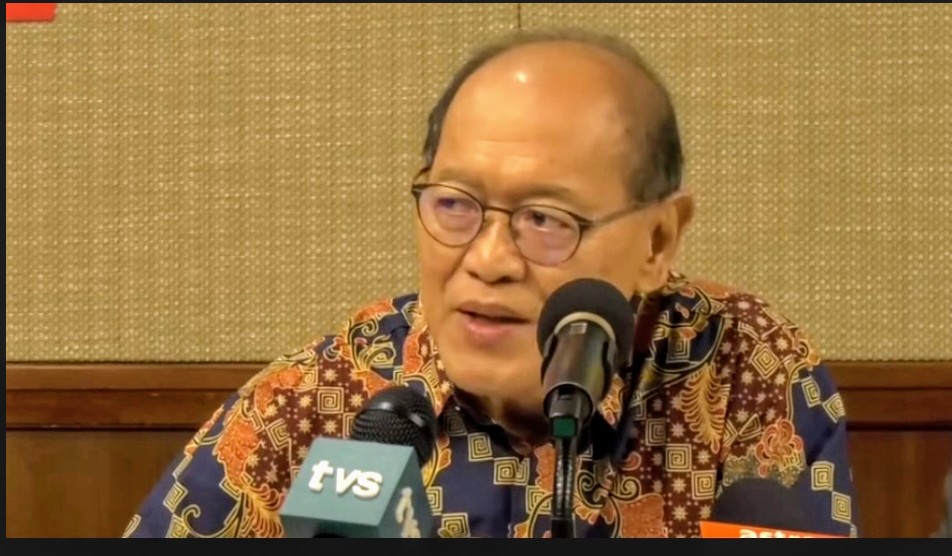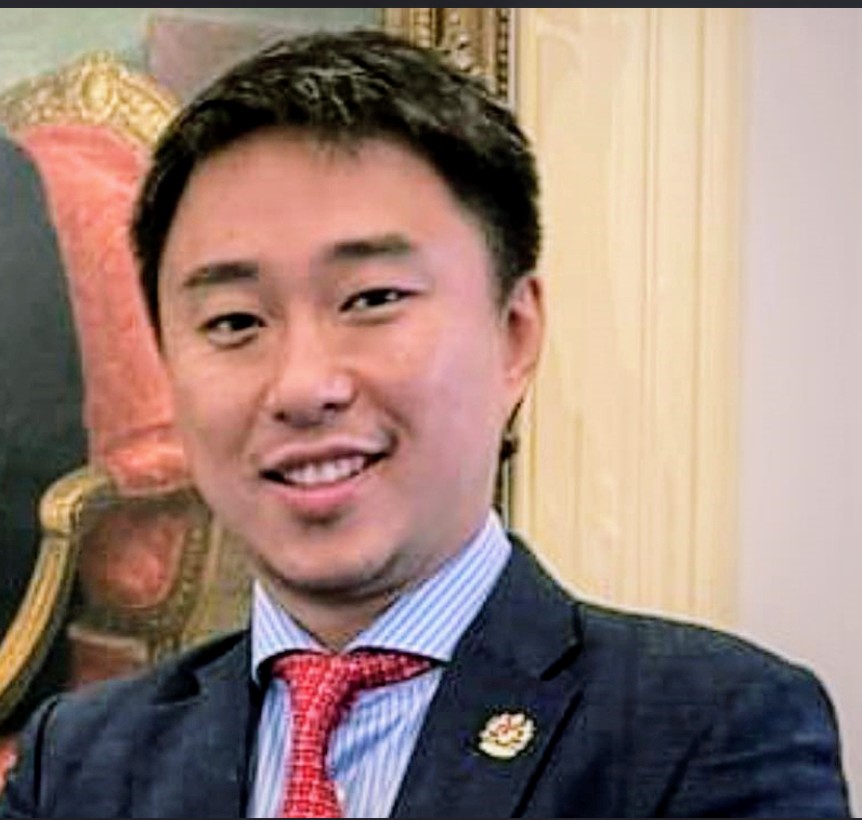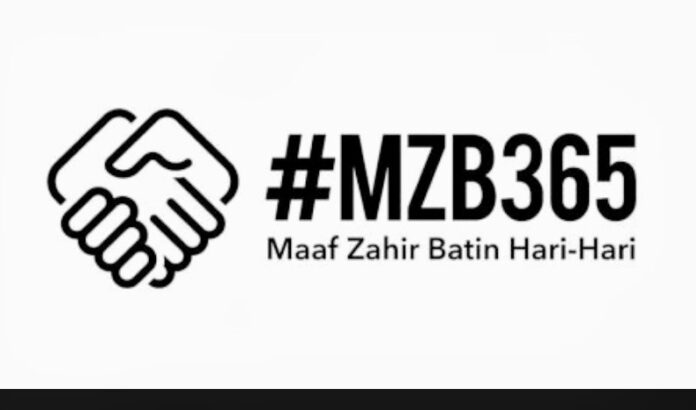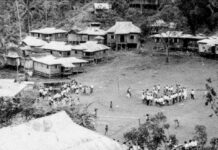With escalating conflicts and tensions between racial and religious groups in the country, east Malaysians believe it is time to look east, specifically to the Bornean states of Sabah and Sarawak.
The Maaf Zahir Batin 365 (#MZB365) campaign, which was recently launched by civil society groups to reduce tensions, could be more effectively driven by looking at how Sabah and Sarawak kept their 3R-related conflicts to a minimum.
The #MZB365 campaign aims to promote the spirit of the phrase “Maaf Zahir dan Batin” as a core national value to counter provocative narratives that seek to divide Malaysia’s multicultural society along ethno-religious lines.

Former Sabah politician Jo-Anna Sue Henley Rampas emphasises that the peaceful coexistence of communities in Sabah and Sarawak, despite their differences, should serve as a reminder of the potential for societal harmony.
Jo-Anna, a PhD student in political science and a graduate research assistant at Universiti Malaysia Sarawak, emphasised that the peaceful coexistence of communities in Sabah and Sarawak, despite their differences, should be a reminder of the potential for societal harmony.
Such harmony could significantly mitigate issues of interpersonal conflict.
“By embracing the principles exemplified by Sabah and Sarawak, we can incorporate acts of forgiveness and cooperation into the very fabric of Malaysian society on a daily basis.
“In shaping the legacy for our children, it is crucial to eschew narrow political agendas that jeopardise our collective future. We should prioritise the long-term prosperity and unity of our nation, ensuring that the decisions made today pave the way for a harmonious tomorrow.”
“It is our duty to ensure that Malaysia remains a resilient and inclusive society where every individual is valued – a true home for future generations,” she told Scoop.
Commenting on the #MZB365 drive, Jo-Anna said she hopes that the initiative will inspire all Malaysians to embrace both individual and collective responsibility in creating an inclusive society where every person is respected and appreciated.
“Like Tunku Abdul Rahman said, we need to make this country our home and live together happily. Let’s all contribute, no matter our race or creed,” she said.

MEANWHILE, Parti Bansa Dayak Sarawak permanent chairman John Brian Anthony said people in Sarawak regard religions and beliefs as a personal and private relationship with God.
People who practise their religions must learn to be humble, uphold simple wisdom such as respect, and refrain from passing judgement on others, he told Scoop.
“Learn to be humble and hold onto simple wisdom, such as respect, rather than a ‘holier than thou’ attitude. I see too many egoistic people in KL… without a proper personal culture.
“Learning to be humble entails learning to serve others and accept different points of view as part of the learning process, regardless of their relevance. “Personal culture is simply minding our own business and acknowledging others as part of our environment,” he said.

Sarawak’s Julau MP and Parti Bangsa Malaysia Sarawak president, Datuk Larry Sng, said that Sarawak politicians have avoided provocation of other races or religions.
He believes that Malaysians ought to be more accepting of other people’s cultures and religions and show appreciation for those who are different from them.
“Sarawak has been able to maintain good communal relations because our leaders understand that no one race can rule the state. Unlike in Peninsular Malaysia, the Malays in Sarawak are a minority. Because of this, politicians avoid provoking other races or religions.
“In West Malaysia, politicians have repeatedly stoked sensitive 3R issues in order to gain political capital. I believe that kind of politics will slowly lose its appeal over time.
“If an East Malaysian becomes prime minister one day, I believe Malaysian politics will change for the better,” he said.
Sng believes Malaysians should be more open-minded about different cultures and religions.
“It is only because of our own ignorance that we are unable to appreciate people who differ from us,” he added.
This article had appeared in the Scoop.



